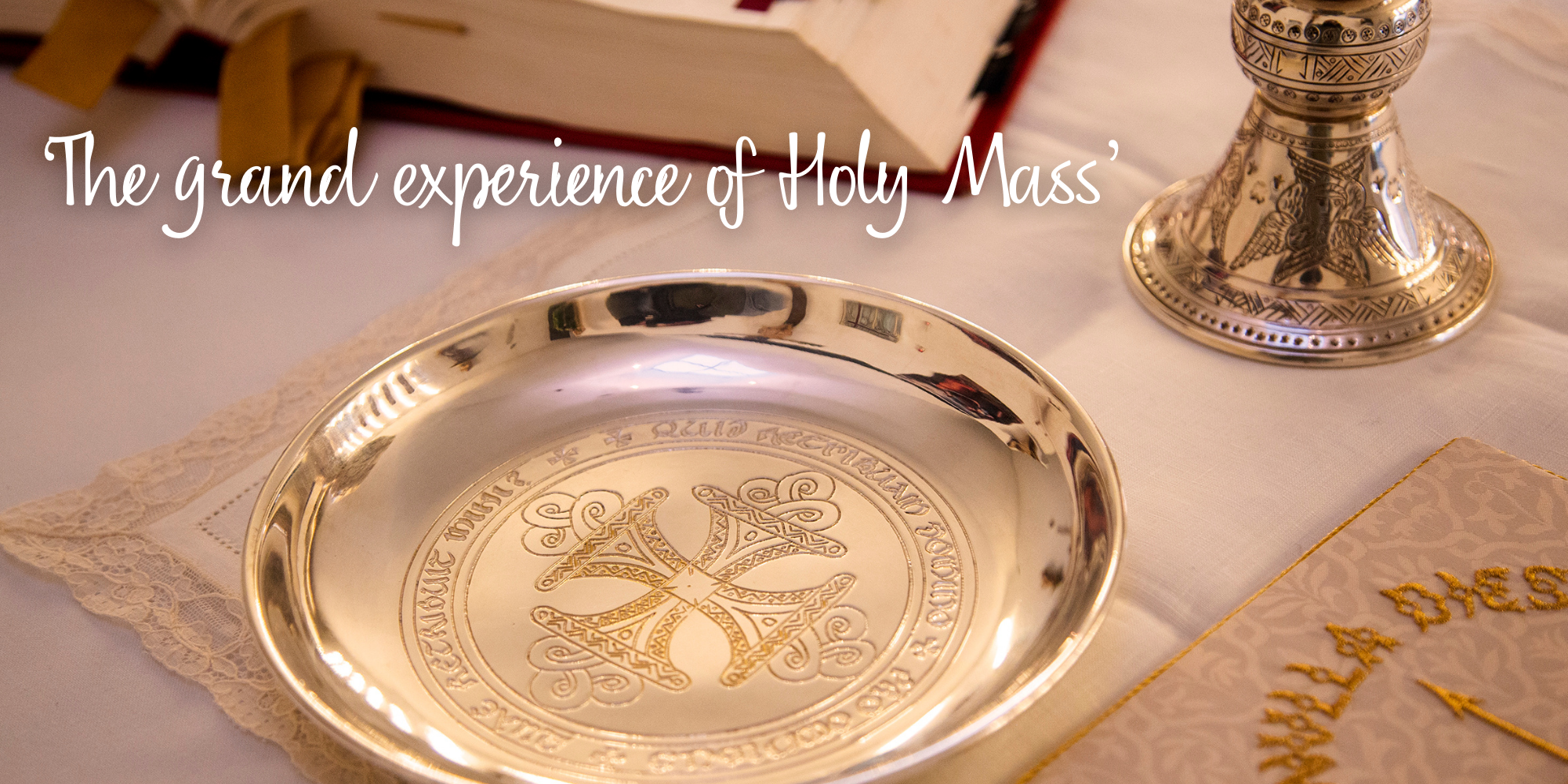
‘The grand experience of Holy Mass’
Two things frequently annoy me when I think about our human weaknesses and limitations in the face of the grand experience of Holy Mass. For one, we have the incredible gift of a Sunday Lectionary which weaves themes of prophecy and typology with Old Testament readings and the Gospels.
Each Mass we also read the epistles and add a psalm. And so any given week I could think of 90 minutes worth of inspiring homily material from the Lectionary. (At least I think it would be inspiring). But even if lengthy in-depth homilies were universally preferred, there are just some general limits on the amount you can bite off each Sunday. So preaching every week becomes for me a process of deciding what not to say among the plethora of Scriptural meaning.
Now the other thing that nags at me regarding the Mass is the fact that way too few Catholics identify the word “Mass” with the transubstantiation of the Body and Blood of Christ or the presence of the Incarnate Lord on the altar. Even for those who know the basics of the faith, affirming the catechism teachings on the Eucharist, the real presence of Christ may not be for them the identifying characteristic of the Mass. It’s like the heart can be forgotten due to preoccupation on the extremities. So if there are other ways in which we might get at the heart of the matter, let us ask again, what do we mean by the word Mass? I answer with both the Old Testament and Gospel passages. Let’s take small bites.
I would say first that the word “Mass” means John 3:16: “God so loved the world that He gave His one and only Son, that whoever believes in Him shall not perish but have eternal life.” We can go way back and remind ourselves that “Mass” came historically from the phrase “Hostia Missa Est,” literally “the victim has been sent.” It means Genesis 22:8: “God himself will provide the lamb for the sacrifice.” And the lamb is Christ.
Then, Mass means John 1:15: “The Word became flesh and dwelt among us.” For Christ is Word and the Lamb of God (John 1:35). And so we say with St. Thomas in the whole celebration of the Mass, “my Lord and my God!” (John 20:28). Lastly, Mass means Joel 2:28: “I will pour out my Spirit on all flesh; your sons and your daughters shall prophesy.” For we are filled with the Spirit through the Eucharist. And in terms of our lives, going forth from Mass bearing the name of Christ, it means John 15:8: “In this is my Father glorified; that you bring forth very much fruit, and become my disciples.”
In this year of Eucharistic renewal, as we eat of the word, and literally eat the Lamb of God by receiving the Body and Blood of Christ, may we truly be filled with the Spirit.
—Father Timothy Naples is pastor of St. John Vianney Church in South Burlington.
—Originally published in the Fall 2023 issue of Vermont Catholic magazine.

